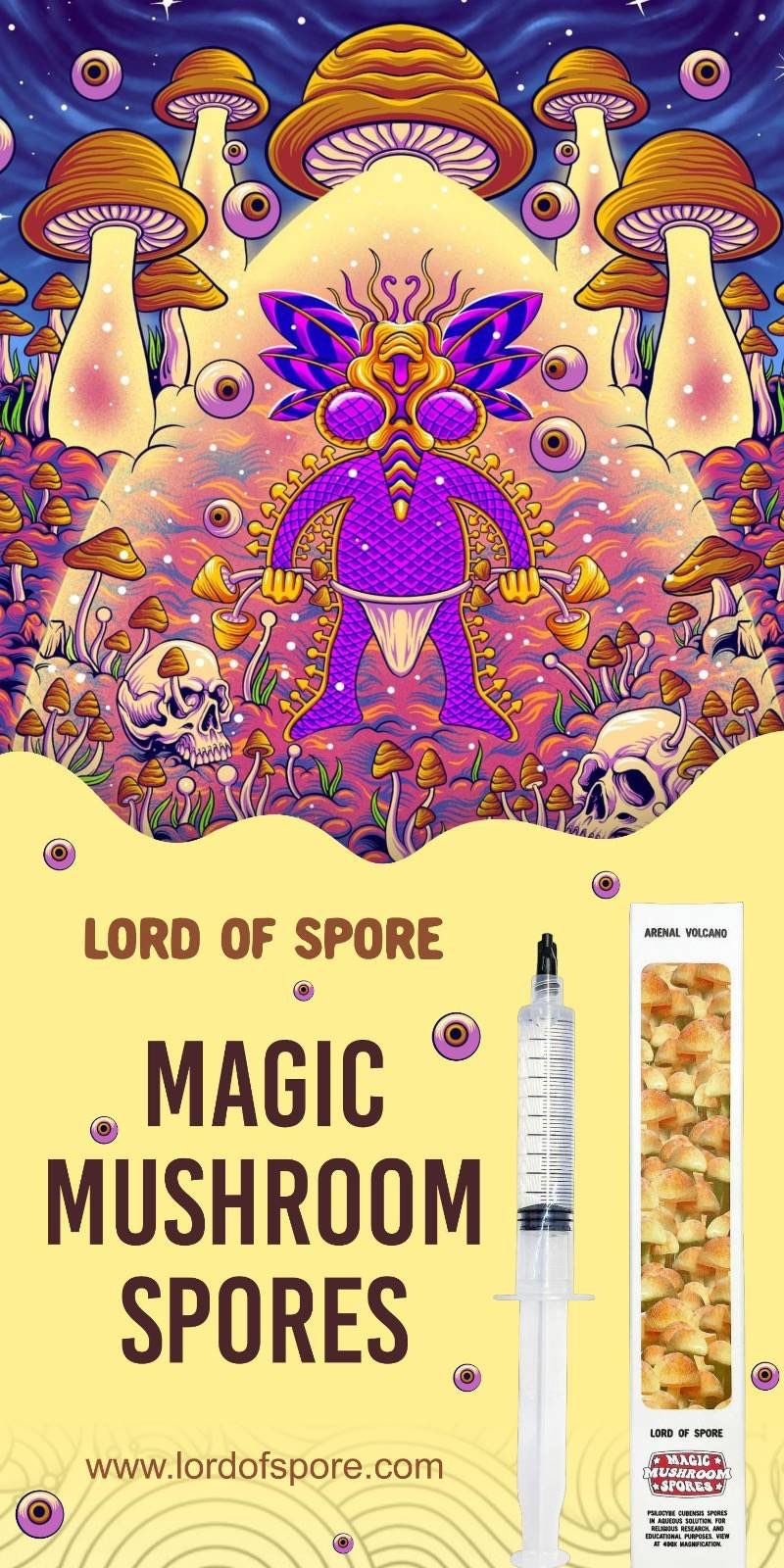In the intricate tapestry of nature, every organism plays a unique role, contributing to the delicate balance of ecosystems. Within this complex web of life, mushroom spores hold a significant place. In this blog post, we will explore the importance of mushroom spores in nature, highlighting their vital role in reproduction, biodiversity, and ecological sustainability. Join us as we embark on a journey to uncover the remarkable importance of these miniscule yet powerful entities.
Agents of Reproduction
Mushroom spores serve as nature’s agents of reproduction for fungi. As reproductive structures, spores play a vital role in the fungal life cycle. When mature mushrooms release large quantities of spores, they are dispersed far and wide by natural forces such as wind, water, or animal activity. This dispersal mechanism ensures the colonization of new habitats, contributing to the expansion and survival of fungal populations. The efficient dispersal of mushroom spores is essential for the continued existence and genetic diversity of fungi in various ecosystems.
Building Blocks of Biodiversity
The vast biodiversity of fungi owes much to the remarkable diversity of mushroom spores. Each species of mushroom produces distinct spore characteristics, such as size, shape, color, and ornamentation. These unique traits aid in the identification and classification of different fungal species, contributing to the understanding of fungal biodiversity. Mushroom spores serve as a foundation for scientific research, enabling scientists to explore the complex relationships between fungi and their habitats, further unraveling the rich tapestry of life on Earth.
Ecological Sustainability
Mushroom spores play a crucial role in maintaining ecological sustainability. Fungi are natural decomposers, breaking down organic matter and recycling nutrients back into the ecosystem. Mushroom spores, as the propagules of fungi, initiate the decomposition process by colonizing dead plant and animal material. By doing so, they facilitate nutrient cycling formation, and overall health of ecosystems. The presence and dispersal of mushroom spores contribute to the resilience and balance of natural environments, ensuring the sustainability of life-supporting processes.
Interconnectedness in Nature
The importance of mushroom spores extends beyond their individual contribution to fungal life cycles. They are part of a complex web of interdependencies within ecosystems. Spores serve as a vital food source for various organisms, including insects, small mammals, and other fungi. The consumption and dispersal of mushroom spores by these organisms further propagate the interconnectedness and ecological harmony that exists in nature. Understanding the role of mushroom spores aids in unraveling the intricate connections between organisms and their environment, highlighting the delicate balance that sustains life on Earth.
Appreciating Nature’s Tiny Architects
The significance of mushroom spores lies in their essential role as nature’s architects. They enable fungi to reproduce, contribute to biodiversity, and support ecological sustainability. By acknowledging the importance of these miniscule entities, we gain a deeper appreciation for the intricate mechanisms that sustain our natural world. As we marvel at the beauty and resilience of mushroom spores, we recognize the delicate balance that exists within ecosystems and our responsibility to protect and conserve these intricate systems for future generations to enjoy.

